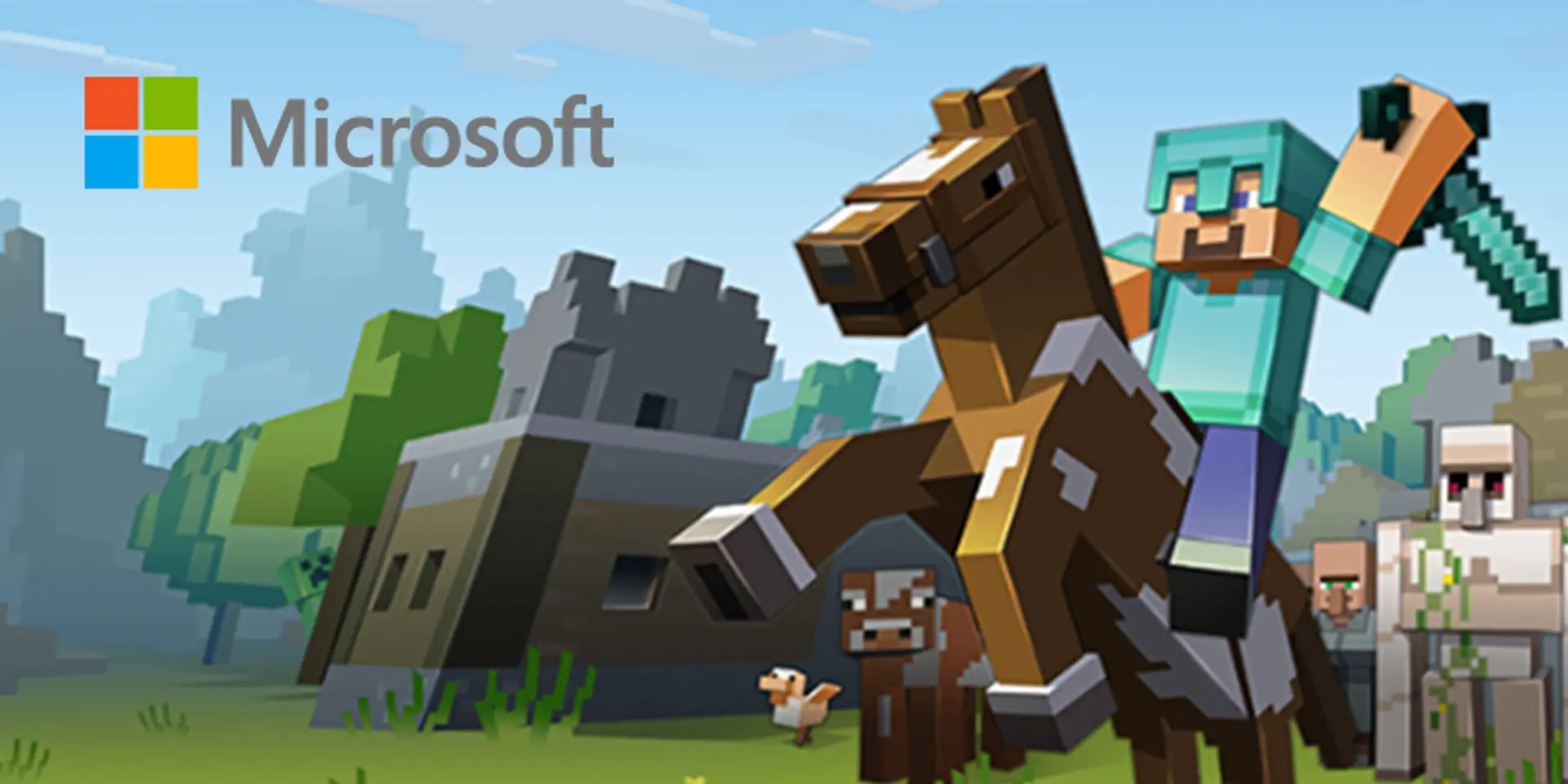Microsoft buys Mojang, creator of Minecraft, for $2.5 billion
A week of prolonged rumour about Mojang being bought by Microsoft came to a halt as the latter announced its buy-out for $2.5 billion. Following the deal, Mojang’s Co-founders Notch, Carl, and Jakob are leaving the company.

Mojang’s flagship product, Minecraft, has been one of the top-selling games on iOS for a long time. In a blog post the company said that there are only a handful of potential buyers with the resources to grow Minecraft on a scale that it deserves.
“We’ve worked closely with Microsoft since 2012, and have been impressed by their continued dedication to our game and its development. We’re confident that Minecraft will continue to grow in an awesome way,” said the post.
Though the blog post didn’t clarify whether the entire work force of Mojang would be retained by Microsoft, but it notes, “We predict that the vast majority (if not all) Mojangstas will continue to work at Mojang for the time being.”
Pointing out the reason behind selling Mojang, the blog post explained that Notch, who created Minecraft and the majority shareholder at Mojang, didn't want the responsibility of owning a company of such global significance. “Over the past few years he’s made attempts to work on smaller projects, but the pressure of owning Minecraft became too much for him to handle. The only option was to sell Mojang. He’ll continue to do cool stuff though. Don’t worry about that,” notes the post.
Mojang has sold over 50 million copies of Minecraft since it was released in 2009 and made over $100 million in profit last year from the game and merchandise. The deal won’t impact development, sales, and support of the PC/Mac, Xbox 360, Xbox One, PS3, PS4, Vita, iOS, and Android versions of Minecraft, assures the blog post.
Minecraft is ranked in the top five among the US paid apps in the Apple and Google app stores and posted profit of $115 million last year on $291 million total in revenue.
With Minecraft in portfolio, Microsoft will be in a better position to appeal to a new generation of customers, especially on smartphones where Microsoft has struggled with both its homegrown Windows Phone devices and with apps on rival phone systems.



